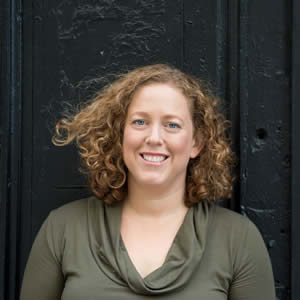|
Teaching introductory creative writing, I am often bombarded by acts of violence. This past semester, the stories my students wrote presented me with random shootings, stabbings, hit-and-runs, overdoses, and at least half-a-dozen other sorts of (I can only guess television-inspired) physical insults to their characters' persons. By the end of the semester I was begging them, "Please, please, no more bodies."
"But why?" they asked. "Violence is interesting. It's exciting. It heightens tension and does all the things stories are supposed to do, doesn't it?"
I had to admit, they had a point.
When I first began attempting to write stories, it never would have occurred to me to depict an act of violence. I'd grown up seeing it in movies, on television, on the evening news and in video games. Violence seemed an utterly un-literary aspect of human experience. And real writers, I thought, were far more interested in subtle, psychological conflicts, the quiet subtext of shifting emotions and allegiances than in physical trauma. It was a naive assumption, but I don't think I was alone in holding it. Of all the stories I read during the two years I spent earning my MFA, I can only think of a handful of stories where a character was hurt or altered in a physical, visceral way. There was a haunting story that began with a drowning, another piece that involved a plane crash, and these two stories, whatever flaws they might have had, stand out to me now as having a maturity and fearless quality so many others lacked. When I think back on my own early stories and those of many of my classmates, the ones that took place so much in characters' minds and so little in their physical world, I can't help but feel there's something as unsatisfactory in this omission of violence as in my younger students' mishandling of it.
It took me a long time to begin exploring violence in my own fiction. I was terribly afraid of over-reaching or appropriating something that wasn't mine. But when I finally did begin to engage the material, to explore characters who were facing physical strains or insults or traumas, exploring for example destructive acts of arson or of sexual assault as I do in forthcoming stories, something seemed to click into place and the emotional and psychological struggles I was so intent on describing yielded to me in a way they never had before. Perhaps it's a simple matter of reflecting reality as fully as possible. We live in a country that has been at war for the past ten years and continues to be at war with itself. Homes, households, neighborhoods, entire cities, disintegrate and decay around us. Our own bodies do the same. As I write this, I'm mourning a friend who was unable to recover from a double lung transplant, a procedure that, though performed within a cold medical setting, could not be more violent. Though I, myself, am luckier, and have been blessed with health, I birthed my children into the world as mothers often do in blood and pain. Life itself begins in violence, one body struggling against another, and for far too many it ends the same way.
The problem then, or immaturity, in my students' fiction is not that it is too violent but that the violence has been too sanitized, too tamed into a generic, pre-packaged mold, and so it can't yield the kind of interesting questions or meditations readers crave, and writers must eventually confront.
|


